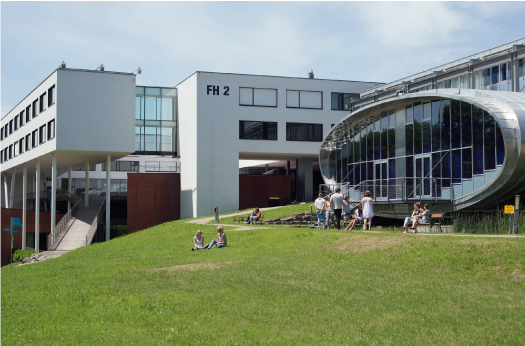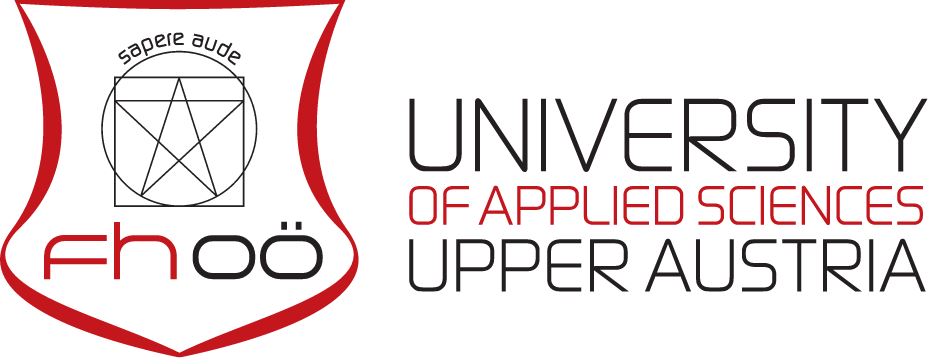
University of Applied Sciences Upper Austria (FH OOE)
Hagenberg, Linz, Steyr and Wels, Austria.
About
Being one of the strongest universities of applied sciences in terms of research in the German-speaking world, the University of Applied Sciences Upper Austria (FH OOE) is a leader in its field. It offers 68 internationally recognized academic degree programmes in four faculties at four campuses: Informatics, Communication & Media (Hagenberg), Medical Engineering & Applied Social Sciences (Linz), Business & Management (Steyr), and Engineering (Wels).
FH OOE focuses on application-oriented and innovative research in 17 thematic areas with partners from business to society.
In 2019, FH OOE conducted 546 R&D projects, ranging from small single projects for enterprises, multi-annual projects that are financially supported by public authorities up to long-term partnerships in joint research centres, located at our schools. It participated, resp. participates in 12 FP7 projects and 11 H2020 projects as beneficiary, coordinating, resp. having coordinated seven of them. Furthermore, in 2019 the University of Applied Sciences Upper Austria participated in more than 50 other EU-projects funded through EFRE-INTERREG, EFRE-Regio13, EFRE-IWB2020, SEE, CEE, and other European-funded activities such as JTI, ERA-Net, ERA-Net+, JPI, and EUREKA as well as projects funded by national funding agencies such as the Austrian Research Promotion Agency and the Austrian Science Fund.
FH OOE highly prioritizes interdisciplinary research and development. The combination of different research fields of economics, technology, and social sciences results in solutions that are even closer to users’ needs and give the economy and society a decisive lead.
The Bioinformatics Research Group of the University of Applied Sciences Upper Austria focuses on analyzing biological data. Since 2012 one part of the research group is dedicated to research in computational proteomics and has been very successful in this area. Several algorithms in the context of computational mass spectrometry, such as MS Amanda, CharmeRT, or PhoStar, have been published in recent years, showing that FH OOE is perfectly suitable for hosting and training an ESR in the field of computational proteomics.
Pictures

